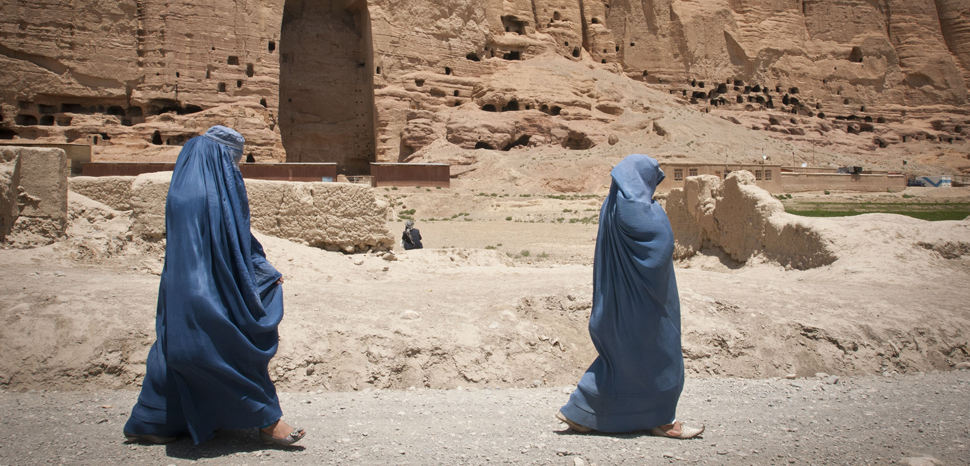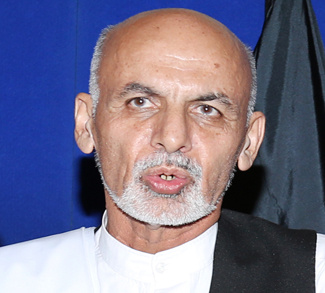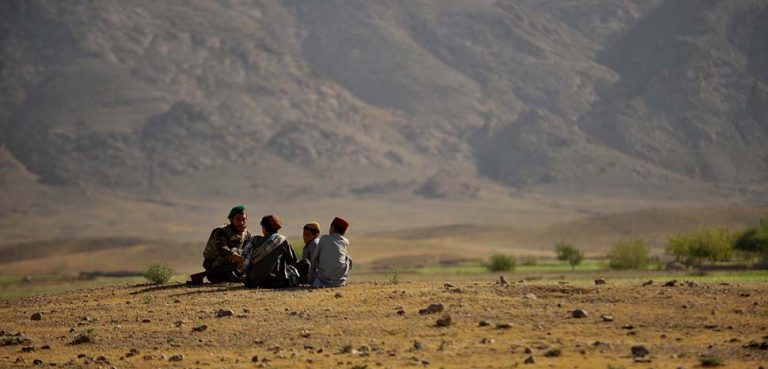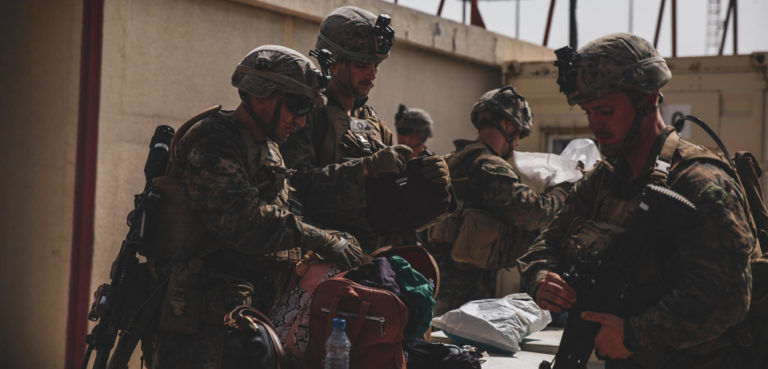The Taliban is systematically removing women and girls from social life in Afghanistan by denying their fundamental human rights. This is making their ability to work, learn, and live meaningful lives ever more difficult.
This comes after the Taliban’s rapid takeover of the country last year, culminating in the capture of Kabul in August. Common consensus internationally was that women and girls would be oppressed, like their previous reign between 1996 and 2001, which was then seen as the most anti-women political movement in the world. Regrettably, these fears were quickly realised, with human rights abuses carried out by the Taliban against women and girls and their rights to work, learn and participate in society systematically removed.
Education has been quickly restricted for women and girls in Afghanistan, denying their fundamental right to secondary and tertiary education. This can be seen with the recent announcement by the Taliban to keep secondary schools closed to girls after initially claiming they would welcome female students after months of it being forbidden. Education is particularly restricted in rural areas, with women and girls forbidden from attending school entirely. Even in the rare occurrence when segregated classes at secondary schools and universities have been allowed, a lack of women teachers and the enforcement of strict dress codes has meant that many schools have instead closed, or courses simply not offered.
Most women have also been barred from returning to work, leading to a decrease in career prospects and exacerbating already extreme poverty levels within communities. Women teachers have largely been removed from their roles and female humanitarian workers have been restricted from doing their work, or simply forbidden. Females in the Afghan civil service, a traditionally large employer of women, have either been banned from returning to the workplace or have not returned out of fear of reprisal. This has left many women without an income and increasingly vulnerable to severe poverty.
Women and girls are also being removed from Afghan society more broadly, leading to increased exclusion, discrimination and exploitation. Institutions designed to assist and protect women, including the Ministry for Women’s Affairs and the Independent Human Rights Commission, have been shut down, resulting in women being unable to access vital assistance.
In a tragic irony, the Ministry for Women’s Affairs has since been repurposed into the Ministry for the Propagation of Virtue and Prevention of Vice, which enforces rules of citizens behaviour, including women’s dress codes and freedom of movement. The Taliban has also restricted the right to peaceful assembly for women and have persecuted high-profile women, including lawyers and human rights activists.
Removing access to employment and education has further impacted women and girls, who are in turn disproportionately impacted by an ever worsening humanitarian crisis. The suspension of foreign aid and the freezing of Afghan government assets has caused food insecurity, malnutrition, and hunger for approximately 20 million Afghans out of an estimated population of 40 million. Women are one of the most vulnerable groups, with a lack of income and education, or even the ability to leave the home, making them reliant on their families for food, water and sanitation products. Women are increasingly at risk of exploitation, with reports of children being sold by their families, including girls, to hold off starvation.
While the actions of the Taliban are unacceptable, it must be said that the international community played a large role in causing this crisis. The implementation of sanctions and freezing of funds largely caused the humanitarian crisis we see unfolding. While sanctioning the Taliban is understandable, because of their position on women’s rights, it can be seen as a collective punishment on the country’s most vulnerable, including women and girls. This is an immoral position the international community finds itself in and it needs to help those left behind.
The tragedy is that women and girls in Afghanistan witnessed a huge increase in their rights over the past twenty years. Women were actively encouraged to enter the civil service and were widely employed as journalists, healthcare and humanitarian workers, and teachers. Substantial funding was provided to send women and girls, including those with a disability, to attend school and university and to improve infrastructure to allow this to occur in conservative, rural areas. The former government also enacted legislative safeguards for women that protected them from violence, exploitation and upheld their human rights. Women are now looking at an increasingly bleak future where career and educational prospects are non-existent and their ability to live meaningful lives curtailed by the Taliban.
How can this be solved? First and foremost, the international community needs pressure the Taliban to allow for an increased presence of human rights agencies to monitor the treatment of women and girls and to document and prosecute any abuses. This will allow for increased transparency at ground level that will increase the pressure on the Taliban to respect their human rights.
Humanitarian aid organisations need to be adequately funded and allowed access into the country, including conservative rural areas, to provide vital support for vulnerable women and children who are facing extreme poverty and food insecurity. This will go a long way to preventing exploitation and abuse against women and girls and allow for conditions to improve throughout the country.
With the Taliban desperate for Afghanistan’s frozen funds, it is vital that the international community tie any release of funds to human rights obligations, particularly employment and educational opportunities and the ability to safely participate in society. The Taliban is desperate for international recognition, and this will further pressure them to abide by human rights law that will protect the rights of women and girls.
Admittedly, this does present a dilemma for the international community. It is currently the policy of the United States and most other countries to refuse to recognise the Taliban as the legitimate government, particularly because of their stance on the female rights. The other solution is to continue to ensure any funds are sent through the United Nations and humanitarian aid organisations to help solve the humanitarian crisis in Afghanistan.
However, the Taliban is increasingly in control of the lives of women and girls by systematically forming and enforcing abhorrent policies on the ground. This means that any meaningful change to their lives can only take place if the Taliban alters their position of the rights of females. While recognition is unrealistic, and unconscionable to many, it cannot be ruled out as an option. Humanitarian aid and external pressure can only achieve so much. If some form of recognition, tied to human rights, results in fundamental gains for women and girls in Afghanistan, then surely that is a positive development.
The question of recognition, and the dire situation the country finds itself in, appears to be putting acute pressure on the Taliban. The recent announcement to allow girls to attend secondary school, and the subsequent decision to then overturn that decision, shows that there is tension between the moderates and hardliners within the movement. This offers an opportunity for the international community to make the most of this division by pressuring the regime to respect the rights of women and girls in any negotiations or dealings.
Many brave women are currently protesting for their rights in Afghanistan, facing beatings, threats and imprisonment as a result. This shows that women and girls are not ready to give up their human rights to live meaningful lives free of discrimination and abuse. It is time for the international community to provide adequate pressure and support to ensure better outcomes for women and girls in Afghanistan to ensure that they can enjoy those rights. The international community has a moral obligation to do so.
The views expressed in this article belong to the authors alone and do not necessarily reflect those of Geopoliticalmonitor.com




